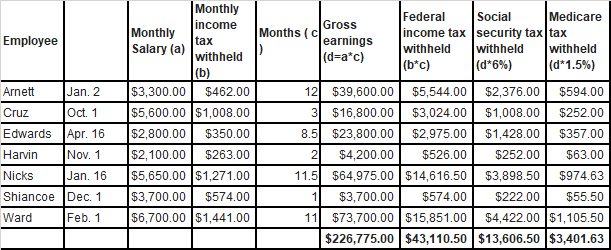Cash Book.
A cash book is a bookkeeping ledger used to record all cash transactions that occur in a business. It typically has two columns for each transaction, one for debit entries and one for credit entries, which allows for easy tracking of cash inflows and outflows.


Comments
Post a Comment